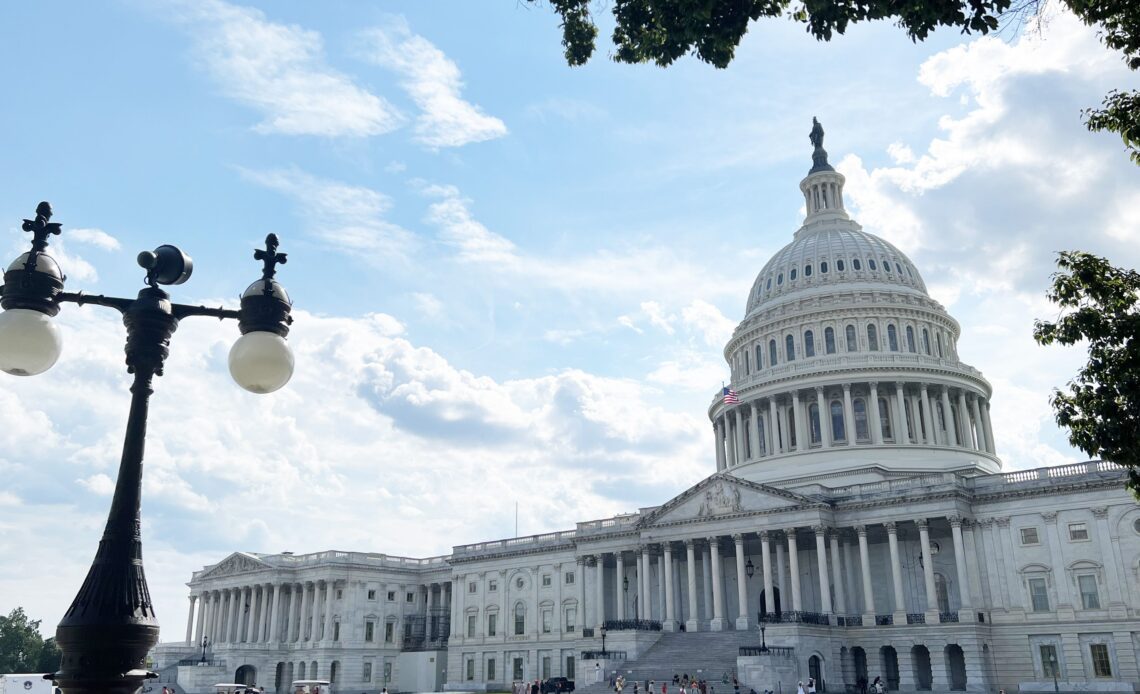In the rapidly evolving world of digital assets, the need for a fair and supportive banking environment has never been more pressing. After a string of market failures, the digital asset industry has been impacted by regulatory overreach reminiscent of the “Operation Chokepoint,” where the Obama-era Department of Justice targeted banks suspected of working with industries (e.g., gun manufacturers, payday lenders) they deemed unsavory.
The result? A forced exodus of these businesses overseas. This not only deprived the U.S. of potential economic growth but also sent a message that innovation was not welcome on its shores.
Cody Carbone is the Vice President of Policy at The Chamber of Digital Commerce.
Emerging as a beacon of hope to resolve these issues is The SAFER Banking Act (sponsored by Sens. Jeff Merkley (D-OR) and Steve Daines (R-MT)), particularly Section 10. While crafted to dismantle barriers to financial services for marijuana businesses, the bill offers a beneficial opportunity for the digital asset industry.
It not only promises to end the stifling practices that have hampered the growth of legitimate digital asset businesses but also paves the way for a more inclusive and innovative financial ecosystem in the U.S. By emphasizing that personal beliefs or political motivations have no place in determining access to financial services, it ensures that lawful businesses are not unjustly targeted. This is a significant step towards ending discriminatory banking practices that impede U.S. innovation in the digital asset industry and other emerging technologies.
Representative Blaine Luetkemeyer has introduced similar legislation in the House of Representatives.
Prudential regulation, not prejudice
The essence of a robust financial system lies in its ability to foster innovation while ensuring safety and soundness. Section 10 underscores this by stating that while federal banking agencies must ensure that banks and credit unions operate safely, they cannot let personal or political biases dictate their actions. It’s a clear message: regulators should not be in the business of picking winners and losers based on prejudice.
Subsections (b) and (c) of Section 10 further strengthen the case for fairness. Subsection (b) establishes an extremely high bar for the use of reputation risk…
Click Here to Read the Full Original Article at Cryptocurrencies Feed…
























